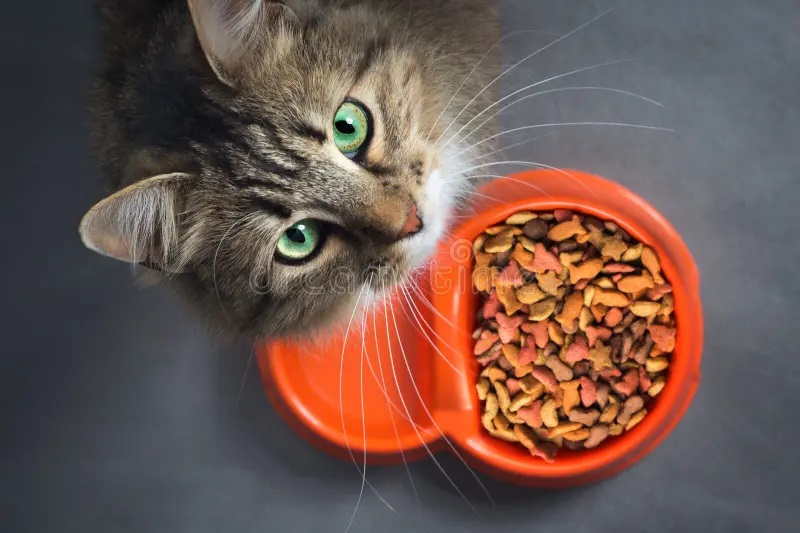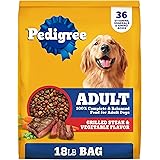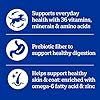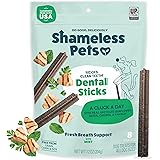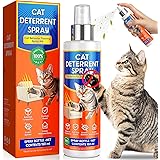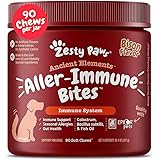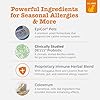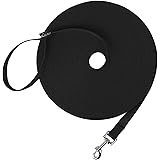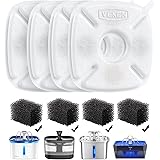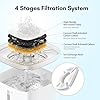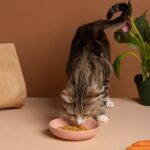Choosing the right food for your cat is crucial for their health. A balanced diet supports their immune system, keeps their coat shiny, and ensures they have plenty of energy. Here’s a guide to help you select the best food for your feline friend.
Cat Nutrition
Essential Nutrients for Cats
Cats need a mix of nutrients to stay healthy. Key components include:
- Protein: Cats are obligate carnivores, meaning they require a lot of protein. Look for foods with high-quality animal proteins like chicken or fish.
- Fats: Fats provide energy and support cell function. Omega-3 and omega-6 fatty acids are essential for a healthy coat.
- Vitamins and Minerals: Vitamins A, D, and E, as well as minerals like calcium and phosphorus, are vital for health.
Avoiding Common Pitfalls
Not all cat foods are created equal. Avoid products with excessive fillers or artificial additives. Ingredients like corn and wheat can be hard for cats to digest.
Types of Cat Food
Dry Cat Food
Dry cat food, or kibble, is convenient and helps keep teeth clean. Choose high-quality brands with real meat as the first ingredient. Watch out for high carbohydrate content, which isn’t ideal for cats.
Wet Cat Food
Wet cat food is more hydrating and can be easier to digest. It often contains higher protein levels compared to dry food. Look for options with named meats and without too many fillers.
Raw and Homemade Diets
Raw diets can be beneficial but require careful preparation to ensure they are balanced. Homemade diets need to be well-researched to avoid nutrient deficiencies. Consult with a vet before switching to these diets.
Top Cat Food Brands and Their Ingredients
1. Hill’s Science Diet
Hill’s Science Diet is well-known for its balanced nutrition. The ingredients often include:
- Chicken: A primary source of protein.
- Brown Rice: Provides fiber and energy.
- Fish Oil: Rich in omega-3 fatty acids for skin and coat health.
This brand focuses on scientifically formulated diets tailored to different life stages and health conditions.
2. Royal Canin
Royal Canin is respected for its breed-specific formulas and medical diets. Common ingredients are:
- Chicken Meal: A concentrated source of protein.
- Brewer’s Rice: An easily digestible carbohydrate.
- Taurine: An essential amino acid for heart and eye health.
Their products often cater to specific breeds, sizes, and health needs, offering precise nutrition.
3. Purina Pro Plan
Purina Pro Plan offers high-protein options with:
- Real Chicken or Salmon: As the first ingredient.
- Rice: For digestible carbohydrates.
- Live Probiotics: For digestive and immune health.
This brand is known for its variety, including options for sensitive skin, digestion, and weight management.
4. Blue Buffalo
Blue Buffalo is popular for its natural ingredients. Key components include:
- Deboned Chicken: As the first ingredient for quality protein.
- Whole Grains: Like brown rice for energy.
- Blueberries and Cranberries: For antioxidants.
They emphasize natural recipes without corn, wheat, or soy, and include their exclusive LifeSource Bits, which are a blend of vitamins, minerals, and antioxidants.
5. Wellness
Wellness focuses on holistic nutrition with ingredients such as:
- Deboned Turkey: A high-quality protein source.
- Peas and Potatoes: For carbohydrates and fiber.
- Flaxseed: A source of omega-3 fatty acids.
This brand offers grain-free options and emphasizes natural ingredients, aiming to support overall health.
Choosing the Right Brand
Research and Reviews
Look for brands with positive reviews and a good reputation. Check if they have undergone feeding trials to prove their formulas are complete and balanced.
Veterinary Recommendations
Consult your vet for recommendations based on your cat’s specific needs. They can provide insights into the best food options for your pet’s health.
Portion Control
Feeding Guidelines
Follow the feeding guidelines on the food package, but adjust based on your cat’s weight and activity level. Overfeeding can lead to obesity and health issues.
Monitoring Weight
Regularly check your cat’s weight and body condition. Adjust their food intake as needed to maintain a healthy weight.
Hydration and Water Intake
Importance of Water
Cats often don’t drink enough water, especially if they eat dry food. Wet food can help with hydration. Always ensure fresh water is available.
Encouraging Water Consumption
Consider using a pet water fountain or adding water to your cat’s food to encourage more drinking.
Treats and Supplements
Healthy Treats
Choose treats that are low in calories and made with quality ingredients. Avoid giving too many treats, as they can add extra calories.
Supplements
Some cats may benefit from supplements like omega fatty acids or joint support. Consult your vet before adding supplements to your cat’s diet.
Transitioning to New Food
Gradual Changes
When switching foods, do so gradually to avoid digestive upset. Mix the new food with the old food over a week, slowly increasing the new food’s proportion.
Monitoring Reactions
Watch for any adverse reactions like vomiting or diarrhea. If these occur, consult your vet.


